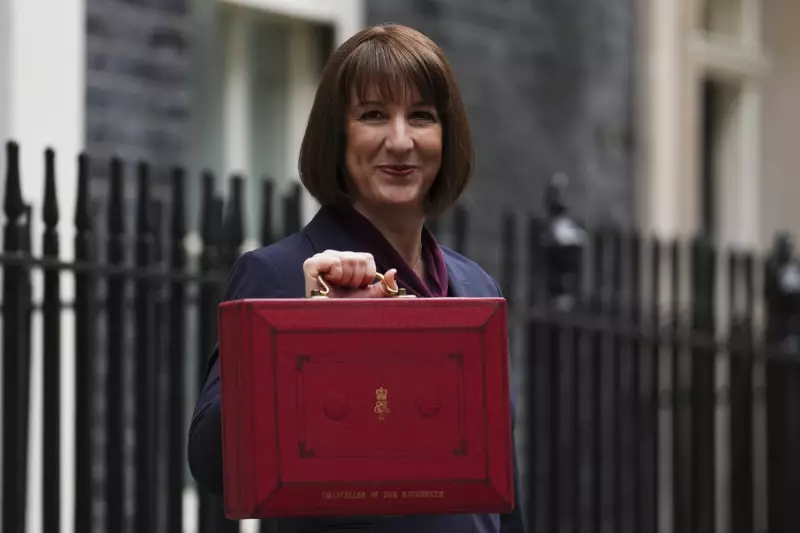
Chancellor Reeves Lays Out Fiscal Plan Amid Public Finance Challenges
Chancellor Rachel Reeves is set to deliver her highly anticipated Budget this week, outlining a series of measures designed to stabilise the nation's finances. Faced with a significant deficit in public funds, the Treasury is aiming to build more robust financial reserves, potentially reducing future demands on taxpayers. The announcement is scheduled for Wednesday, 26 November at around 12:30pm.
Key Tax and Financial Measures
In a notable shift, plans for a major income tax increase have been abandoned to avoid breaking manifesto pledges. This decision followed more optimistic forecasts from the budget watchdog. Instead, the Chancellor will extend the existing freeze on income tax thresholds. Combined with a freeze on National Insurance thresholds, this strategy of 'fiscal drag' is projected to generate an estimated £8.3 billion annually for the Exchequer by 2029/30.
Other significant financial changes include a potential cap on pension contributions made through salary sacrifice schemes. Reports suggest a limit of £2,000 per year, which could affect retirement savings and take-home pay for some employees.
Cost of Living and Transport Initiatives
Despite the increased tax burden for many, several measures aim to ease living costs. Rail fares will be frozen, saving commuters on the most expensive routes more than £300 a year. The cost of an NHS prescription in England will remain at £9.90.
In a major move for motorists, the Chancellor is introducing a new 3p per mile tax for electric vehicles (EVs) to protect Treasury revenues as drivers transition from petrol and diesel. To balance this, she will add £1.3 billion to a grant that reduces upfront costs for EV buyers by up to £3,750, alongside £200 million for new charging points.
Housing, Benefits, and Fraud Crackdown
A new levy on high-value homes, being dubbed a 'mansion tax', is expected. This would revalue the most expensive properties in council tax bands F, G, and H, applying a new surcharge to around 100,000 properties with a threshold starting at £2 million.
In a significant social policy change, Ms Reeves is expected to scrap the two-child benefit cap. This could lift half a million children out of poverty, with estimated costs ranging from £3 billion to £3.5 billion by 2029/30.
Finally, the Budget will seek to raise £1.2 billion by March 2031 by extending a crackdown on fraudulent and mistaken Universal Credit payments.





